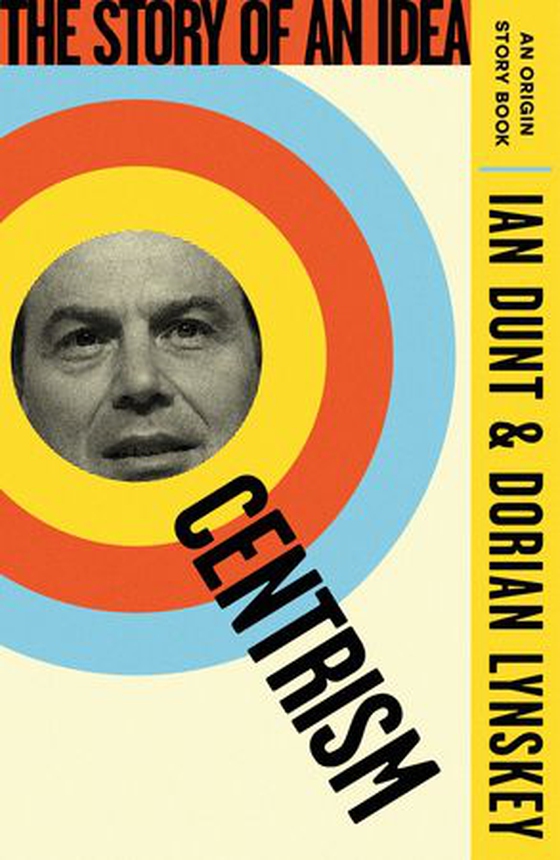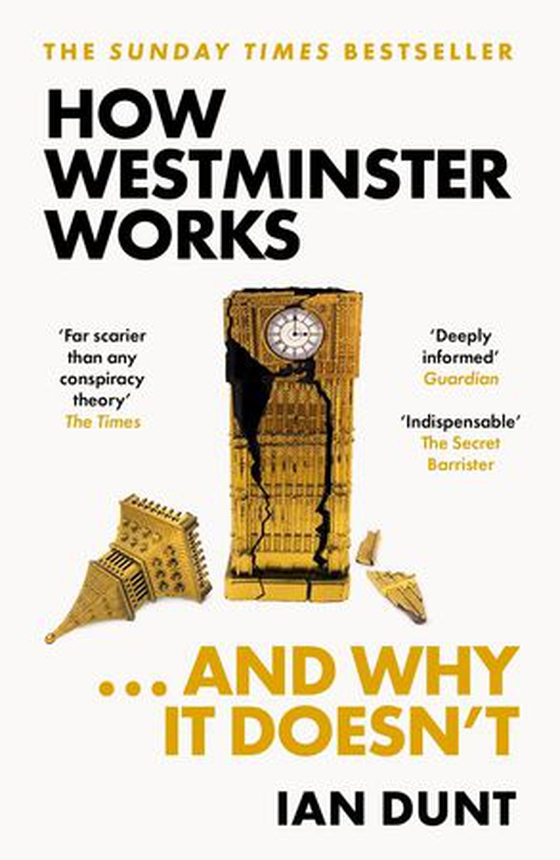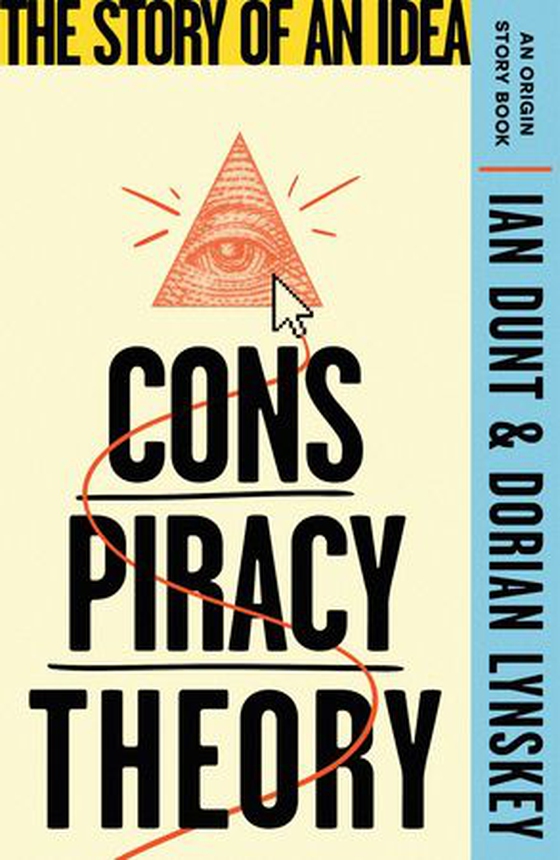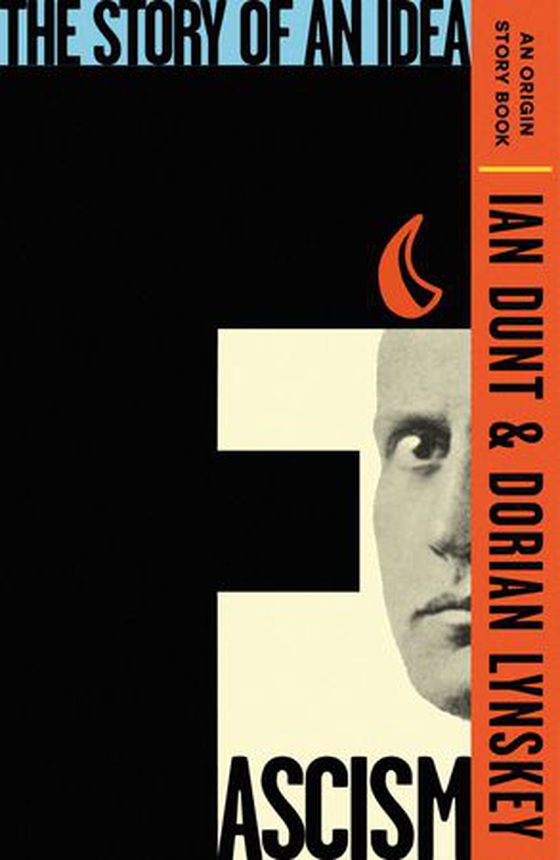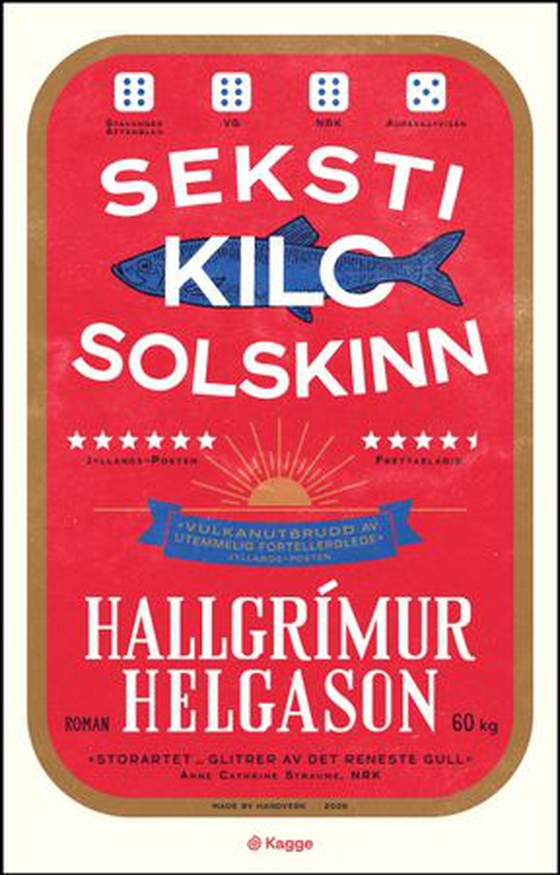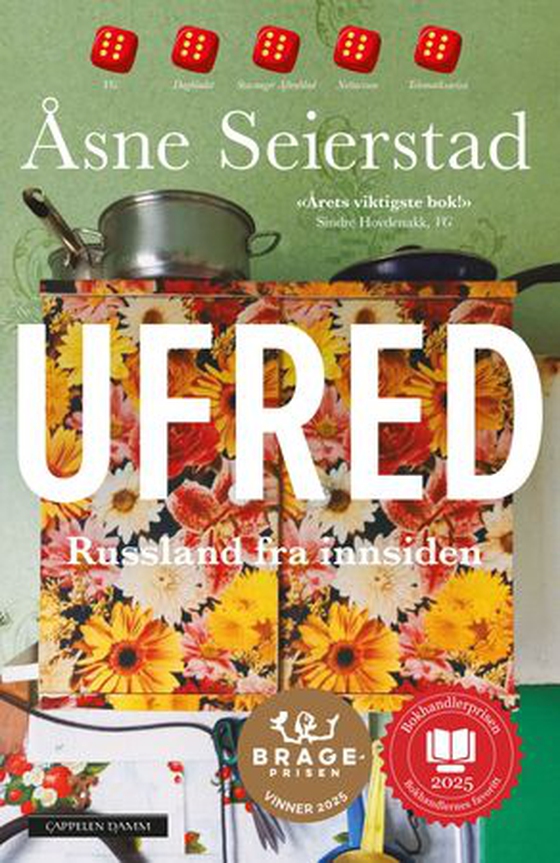Centrism ebok
39,-
AN ORIGIN STORY BOOK'Provides clarity, scholarship, wit and essential insight into why our world is the way it is' Adam Rutherford'I wish I could make Ian and Dorian's work mandatory' Sathnam SangheraA coherent political philosophy or a vacuous cop-out? A pragmatic middle way between the extremes of left and right or a cynical strategy to secure power and neuter debate?Politicians have long invok…
AN ORIGIN STORY BOOK'Provides clarity, scholarship, wit and essential insight into why our world is the way it is' Adam Rutherford'I wish I could make Ian and Dorian's work mandatory' Sathnam SangheraA coherent political philosophy or a vacuous cop-out? A pragmatic middle way between the extremes of left and right or a cynical strategy to secure power and neuter debate?Politicians have long invoked centrism as both a term of abuse (Margaret Thatcher) and a badge of pride (Tony Blair). Figures as important as John Maynard Keynes, Roy Jenkins, Bill Clinton and Emmanuel Macron have all had different ideas about how to make sure the centre holds. But for a term that purports to describe consensus, it's ironic just how little agreement there is over what 'centrism' actually means.In Centrism: The Story of an Idea, Ian Dunt and Dorian Lynskey trace the evolution of centrism from ancient Greece to the French Revolution, the Second World War to the 2024 elections. They find a story that is much bigger than the sum of its parts - and that raises some uncomfortable questions about tribalism and compromise.
Undertittel
The Story of an Idea (An Origin Story Book)
Forlag
Weidenfeld & Nicolson
Utgitt
17.10.2024
Sjanger
Religion og livssyn, Dokumentar og fakta, Politikk og samfunn
Språk
English
Format
epub
DRM-beskyttelse
LCP
ISBN
9781399612906
AN ORIGIN STORY BOOK
'Provides clarity, scholarship, wit and essential insight into why our world is the way it is' Adam Rutherford
'I wish I could make Ian and Dorian's work mandatory' Sathnam Sanghera
A coherent political philosophy or a vacuous cop-out? A pragmatic middle way between the extremes of left and right or a cynical strategy to secure power and neuter debate?
Politicians have long invoked centrism as both a term of abuse (Margaret Thatcher) and a badge of pride (Tony Blair). Figures as important as John Maynard Keynes, Roy Jenkins, Bill Clinton and Emmanuel Macron have all had different ideas about how to make sure the centre holds. But for a term that purports to describe consensus, it's ironic just how little agreement there is over what 'centrism' actually means.
In Centrism: The Story of an Idea, Ian Dunt and Dorian Lynskey trace the evolution of centrism from ancient Greece to the French Revolution, the Second World War to the 2024 elections. They find a story that is much bigger than the sum of its parts - and that raises some uncomfortable questions about tribalism and compromise.
Ingen anmeldelser ennå


